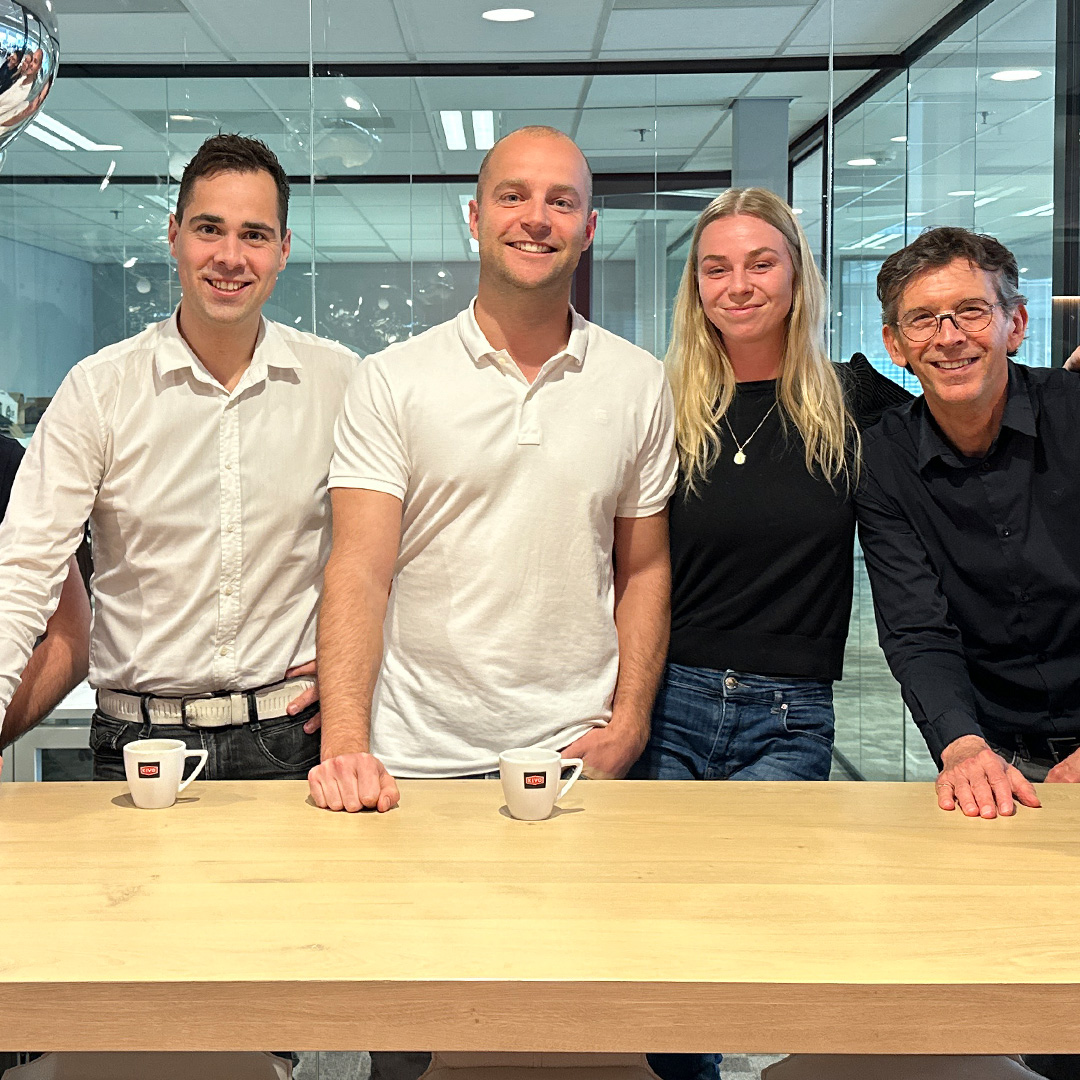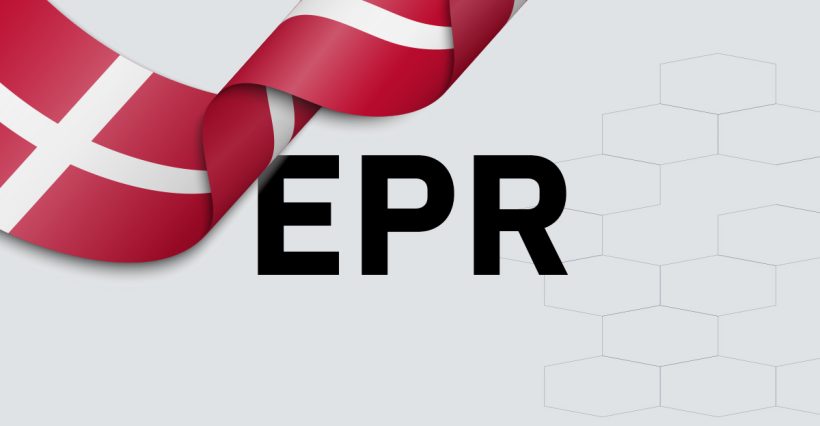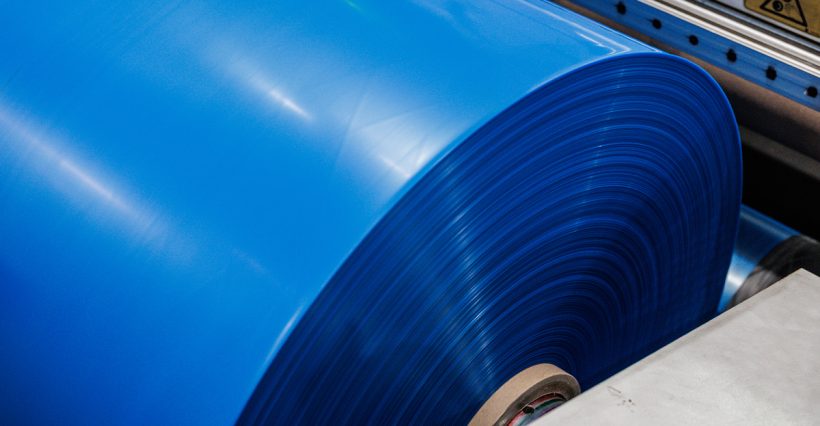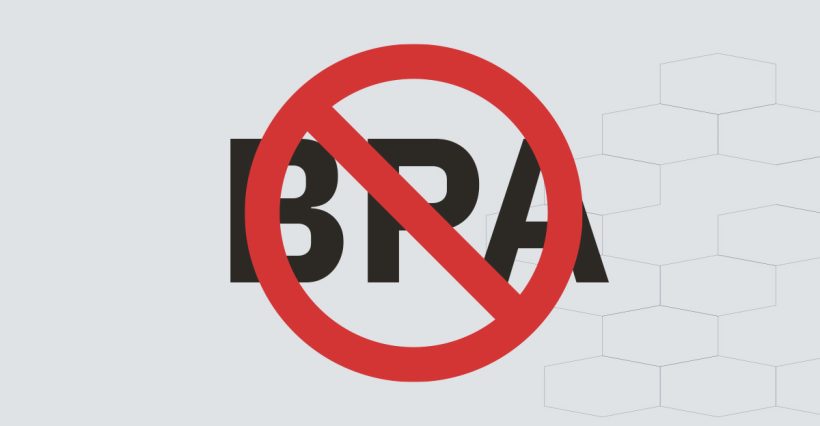Verpact has recently become a new household name in the packaging industry. As a producer or importer of packaging materials, you are going to be dealing with Verpact quite often. So read everything you need to know about Verpact in this article.
Who are Verpact?
From 1 January 2024, Stichting Afvalfonds Verpakkingen, Kennisinstituut Duurzaam Verpakken (KIDV), Nedvang and Stichting Nederland Schoon (Supporter van Schoon) have merged into one organisation. This organisation has been named Verpact since 1 March 2024.
What does Verpact do?
Verpact is at the forefront of the packaging industry in the Netherlands, playing an important role in promoting circularity within the packaging chain. Verpact's efforts focus on the efficient collection and recycling of packaging, including promoting the deposit system. By guiding producers and consumers towards circular choices and promoting reuse, Verpact contributes to preserving valuable raw materials in the chain and reducing litter and microplastics. In short, Verpact is actively committed to significantly reducing the environmental impact of packaging.
Some of Verpact's initiatives
To promote circularity within the packaging chain and reduce the environmental impact of packaging, Verpact has set up a number of initiatives. One of Verpact's initiatives is Supporter of Clean, a programme aimed at preventing litter. As part of their commitment to sustainability, Verpact also includes the Sustainable Packaging Knowledge Institute (KIDV), which supports organisations in making informed and viable packaging choices. Deposit Money Netherlands is also an initiative of Verpact. This initiative ensures that packaging does not end up in the environment and/or is handed in as residual waste, thus preventing environmental damage and improving recycling.
Verpact assumes producer responsibility within packaging industry
Verpact is committed to producer responsibility within the packaging industry in the Netherlands. Representing producers and importers, they make a strong case for efficient and effective implementation of this responsibility.
This includes making Verpact, as mentioned earlier, responsible for coordinating the collection, sorting and recycling of packaging, including the management of the deposit system. This approach, based on the principle of extended producer responsibility (UPV), allows Verpact to report annually to the government on the achievement of statutory recycling targets. This collective initiative avoids a patchwork of different systems and ensures a streamlined approach.
Verpact applies 'polluter pays' principle
Verpact applies the 'polluter pays' principle, whereby the contribution of companies putting packaged products on the market depends on the complexity of the packaging. This ensures a fair distribution of collection and recycling costs among municipalities, sorters and recyclers. Everything that Verpact initiated is based on achieving the recycling targets set by the Dutch government, so is this principle. The aim behind 'the polluter pays' is for producers to start thinking about more sustainable packaging solutions. After all, is your packaging properly recyclable? Then you will pay less for your packaging entering the market than if it is not. The most recent measure to increase the use of sustainable, recyclable packaging promote, the Rate differentiation 2.0.



